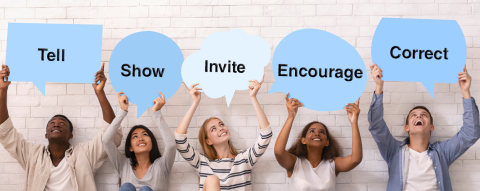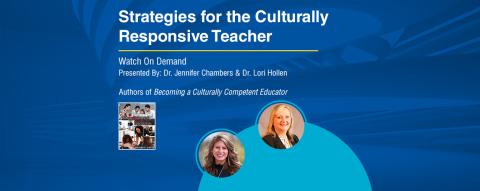
How To Cope With Relational Distress During Daily Discussions With Others
If your conversations with contemporary college students are anything like mine, then you probably have at least a handful of undergraduates asking you how to cope with relational distress during daily discussions with others. This question is challenging, right? What do you say? How do you reply? There are no magic bullets, but here’s a response that students often find helpful. See how you like it, and let me know how it works for you.
Freedom is what you do with what's been done to you. -- Jean-Paul Sartre
Are you using the frontal features of your brain to observe your reactions and make your mind hard-to-hack by unruly emotions during turbulent times?
If not, then your fabulous frontal lobes are waiting for you to forge a path to new-found freedom. The frontal areas of your brain are essential for creating self-regulation, balance, and choices.
Good news, mindfulness happens here!
Mindfulness is the ability to be aware of experiences as they arise in the mind and body. In this way, reflecting on what is happening is possible. That's the magic of mindfulness.
Here’s a simple, four-step process to make mindfulness work for you when you get triggered, especially during stressful times:
- Pause: Stop what you are doing; take a moment to halt briefly.
- Breathe: If you’re like me, the first thing you do when you are triggered is to stop breathing. So, take a minute to breathe.
- Reflect: What is happening in this situation? What is going on? What are you feeling? What is the meaning of your reaction? Take some time to live in the mystery of the moment, and observe your reaction without judgment. You might say, “Ah, there is a feeling of anger.”
- Choose: Make a deliberate selection. Decide to take action in a way that works for you and those around you. One choice might be to do nothing; that's totally okay!
I believe that the future depends upon the choices that you make, or don't make, right now - today. -- Harry Palmer
What’s the point of this process?
Essentially, you can observe what is “coming up” for you, and consider the meaning of your experience from multiple points of view.
You can make choices based on deliberate reflection instead of automatic or thoughtless reactions.
Having this capacity is really good news for you, especially in the context of interpersonal relationships.
The good news is that you have choices, and you can choose to be thoughtful, deliberate, and behave in ways that are helpful to yourself and others.
You are not destined to go through your relational life on automatic pilot.
Instead, you can wake up to the fact that deciding what is best for your life in relationships with others is not only possible but also probable with patience and practice, making your mind hard-to-hack.
Author’s Note and Disclosure: This content is based on a TEDx talk titled, The Power of Solidarity in the Moments of Life (Direct Link: https://www.youtube.com/watch?v=r-CEAZEexlE). An earlier version of this adapted material was published in the book titled, Interpersonal Communication for Contemporary Living, focusing on useful strategies for managing relationships at work, at home, and at play. Feel free to follow Dr. J on Twitter @JRodriguez_PhD (J. Rodriguez, Ph.D.) or visit online at https://www.joserodriguez.solutions/.
Dr. José I. Rodríguez is an award-winning communication scientist at Long Beach State, where he is an expert in designing, delivering, and decoding persuasive messages. As Professor of Communication Studies, he has conducted innovative research on fear-based messages, social obligation, deception, empathy, intercultural communication, and popular culture. He has appeared on TEDxCSULB, ABC7 Eyewitness News, and KMEX 34 Univision in Los Angeles.



